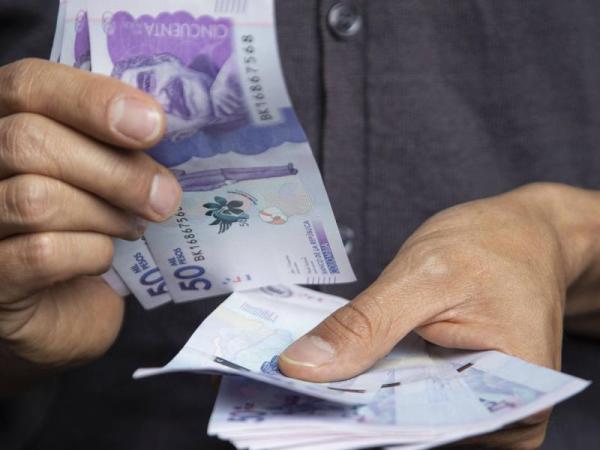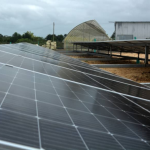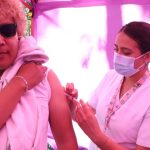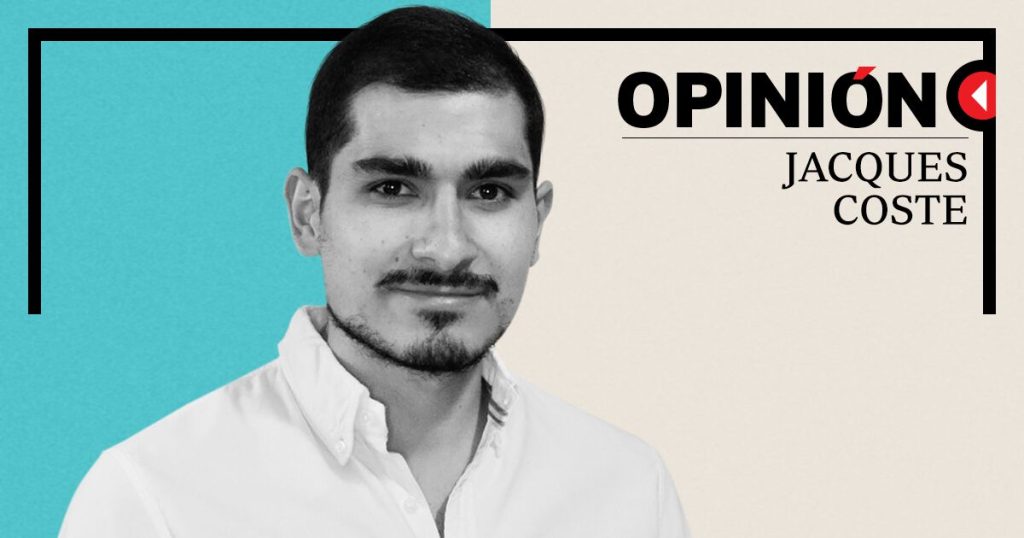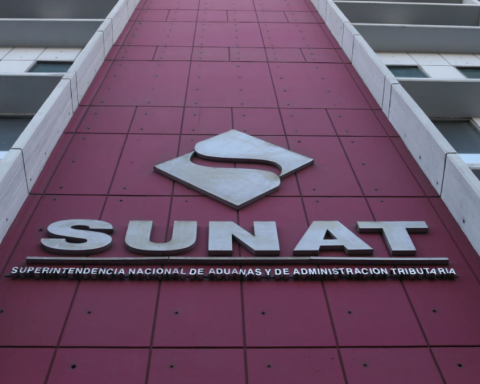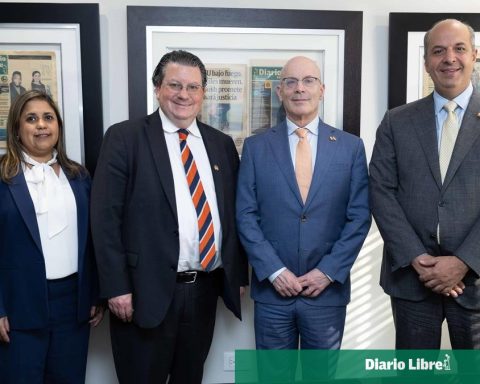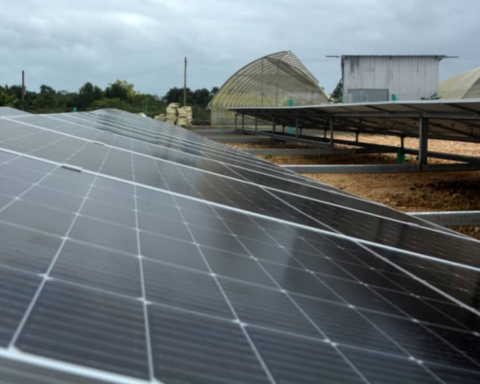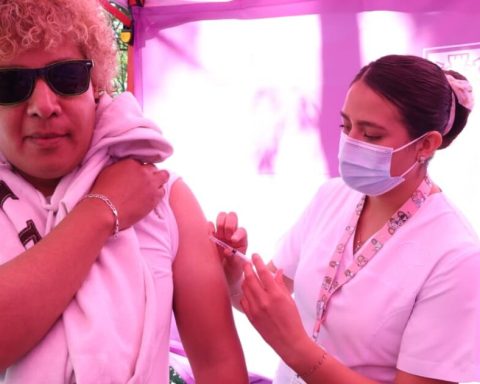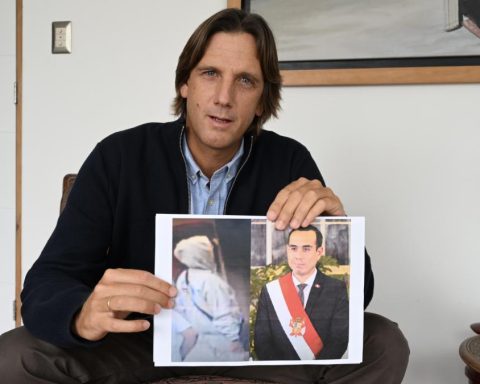The international organization Oxfam suggested a set of “fair tax measures” to close the inequality gaps in Colombia, among which is “establish a tax on the undeclared extraterritorial wealth of the richest households” of the country.
(Read: Fiscal uncertainty deteriorates people’s perception of the national economy).
This is what the document states ‘Econonuestra: inequality report in Colombia’in which Oxfam points out that the country ranked fourth in Latin America in concentration of wealth of 1% of the population with 33.4% of the resources, behind Chile (49.8%), Brazil (48 .7%) and Mexico (47.9%).
For this reason, the organization urges the Colombian authorities not only to establish the tax on the undeclared foreign wealth of the richest households, but also to make a deep adjustment that cuts tax incentives for large corporations in half.
(Besides: Panorama: the Nation’s cash ended 2024 at its lowest level in 15 years).
He also called for establishing marginal rates on corporate income for small and medium-sized businesses, in addition to reducing tax losses resulting from the use of tax havens.
“The generation of new taxes that promote progressivity and promote the reach of greater resources must be oriented to the social group and economic sector that has the highest income”explained the influence director of Oxfam Colombia, Sandra Patricia Mojica. Consider that if this happens, “the State will be guarantor of fiscal justice, economic and financial sustainability of the country”.
Taxes
iStock
Social inequalities
The Oxfam report warns that 16.7 million people, out of a population of more than 50 million Colombianswere in poverty in 2023, due to problems such as “excessive dependence on the primary sector, informality in the labor market and deep social inequalities still persist”.
Added to these difficulties are the challenges caused by the covid-19 pandemic, such as job losses and pressure on health and education systems, as well as the climate crisis and the “demographic transition”which affect certain population groups more such as women, indigenous people and the black, palenquera, and Afro-descendant population.
(Here: This is how the conclave between President Petro and his cabinet of ministers has progressed).
“When we consider factors such as being a woman, living in rural areas or being of African descent or indigenous, we notice that poverty and extreme poverty increase”explained the executive director of Oxfam Colombia, Marcela Prieto.
According to Prieto, “certain groups face greater economic and social difficulties due to the conditions of historical discrimination that this population has suffered”.
Official figures
Monetary poverty in Colombia decreased 3.6 percentage points in 2023, according to figures from the National Administrative Department of Statistics (Dane), since this indicator was 36.6% in 2022 and in 2023 it fell to 33%.
That means that, Between 2022 and 2023, more than 1.6 million people in Colombia escaped monetary poverty.
“In 2023, in the national total, 16,708,153 people were in a situation of monetary poverty and in 2022 there were 18,331,941 people in this situation. The above means that 1,623,788 people left this condition”Dane said last July.
EFE
